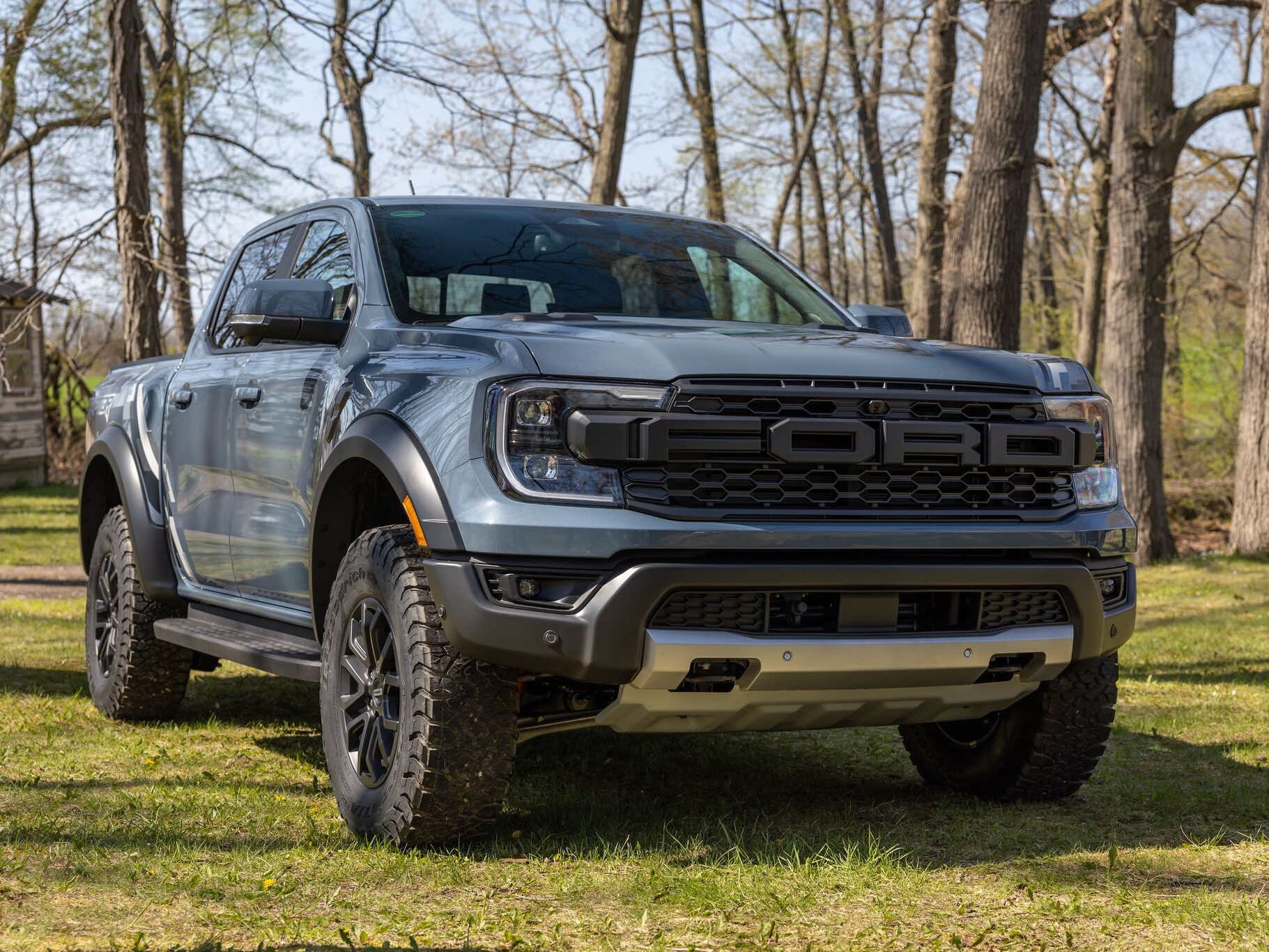The Ford Ranger and Toyota Tacoma Hybrid: Equally Good, but Only Just
In the ever-expanding realm of pickup trucks, the Ford Ranger and Toyota Tacoma have long been stalwarts, each with its own legion of dedicated fans. Now, with the introduction of hybrid variants from both manufacturers, the competition has reached new heights. The Ford Ranger and Toyota Tacoma Hybrid are two formidable contenders, each bringing its own strengths to the table. While they may appear evenly matched on the surface, a closer examination reveals nuanced differences that may sway potential buyers one way or the other.

Let’s begin with performance, a crucial factor for any pickup truck enthusiast. Both the Ford Ranger and Toyota Tacoma Hybrid boast impressive powertrains that combine the efficiency of electric motors with the torque of traditional combustion engines. The Ranger’s hybrid setup delivers robust acceleration and towing capabilities, making it a versatile option for both work and play. Similarly, the Tacoma Hybrid offers ample power and off-road prowess, thanks to Toyota’s renowned engineering prowess. In terms of pure performance, it’s difficult to declare a clear winner between the two.
Moving on to fuel economy, where hybrids typically shine brightest, both the Ranger and Tacoma offer commendable efficiency. The Ranger Hybrid’s electrified powertrain helps improve fuel economy significantly compared to its non-hybrid counterparts, making it an attractive option for those looking to minimize their environmental footprint without sacrificing utility. On the other hand, Toyota’s legendary hybrid technology ensures that the Tacoma Hybrid sips fuel conservatively, making it an appealing choice for eco-conscious consumers. When it comes to fuel efficiency, it’s a virtual tie between the two trucks.
In terms of interior comfort and technology, both the Ranger and Tacoma Hybrid excel, albeit in slightly different ways. The Ranger’s cabin is spacious and well-appointed, with comfortable seating and intuitive infotainment features that cater to modern drivers. On the other hand, the Tacoma Hybrid’s interior is rugged and durable, with materials designed to withstand the rigors of off-road adventures. While both trucks offer ample creature comforts and connectivity options, personal preference will ultimately dictate which interior design resonates most with potential buyers.
When it comes to safety, both the Ford Ranger and Toyota Tacoma Hybrid are equipped with a suite of advanced driver assistance features designed to keep occupants safe on the road. From automatic emergency braking to lane-keeping assist, both trucks offer peace of mind for drivers and passengers alike. Additionally, both manufacturers have a strong reputation for reliability and build quality, further enhancing the safety credentials of the Ranger and Tacoma Hybrid.
One area where the Toyota Tacoma Hybrid may have a slight edge is off-road capability. Thanks to Toyota’s decades of experience in building rugged off-road vehicles, the Tacoma Hybrid comes equipped with features like crawl control and terrain select, allowing it to tackle even the toughest trails with confidence. While the Ranger is no slouch off-road, the Tacoma Hybrid’s pedigree gives it a slight advantage for enthusiasts who prioritize off-road capability.
In terms of pricing and value, both the Ford Ranger and Toyota Tacoma Hybrid offer competitive pricing relative to their non-hybrid counterparts. While hybrid technology typically commands a premium, the long-term savings on fuel costs may offset the initial sticker shock for many buyers. Ultimately, choosing between the Ranger and Tacoma Hybrid may come down to personal preference, budget, and intended use.
In conclusion, the Ford Ranger and Toyota Tacoma Hybrid are two equally compelling options in the hybrid pickup truck segment. Both offer impressive performance, fuel economy, safety, and technology features that cater to a wide range of consumers. Whether you prefer the rugged versatility of the Ranger or the off-road prowess of the Tacoma Hybrid, you can’t go wrong with either choice. Ultimately, it’s a matter of weighing the pros and cons to determine which truck best suits your individual needs and preferences.
